Fly-in Anthony Albanese with one week fix
Prime Minister Anthony Albanese will not support blanket alcohol bans across central Australia despite calls from Indigenous leaders that extreme measures are needed.

Anthony Albanese will not support blanket alcohol bans across central Australia to combat grog-fuelled violence in Alice Springs, despite warnings from Indigenous leaders that urgent “positive discrimination” is needed to protect under-siege households and businesses.
The Prime Minister on Tuesday backed the Northern Territory government’s three-month plan to impose takeaway alcohol bans on Mondays and Tuesdays and limit sales to one per person per day but said communities must be consulted on future actions because “people need to be treated with respect”.
Mr Albanese announced newly appointed central Australian regional controller Dorrelle Anderson would have one week to report back on potential further alcohol restrictions, after flying to Alice Springs for crisis talks with community leaders and police officials following a surge in alcohol-fuelled youth violence, armed robberies and serious assaults.
A longer-term alcohol management plan for central Australia, in addition to a $25m funding pledge supporting community organisations, will consider imposing an opt-out rather than opt-in system implemented by the Northern Territory government.
Despite police and indigenous leaders identifying alcohol as the leading cause of violence in Alice Springs, Mr Albanese said there were also “issues related to employment and opportunity, issues about service delivery and investment in communities”.
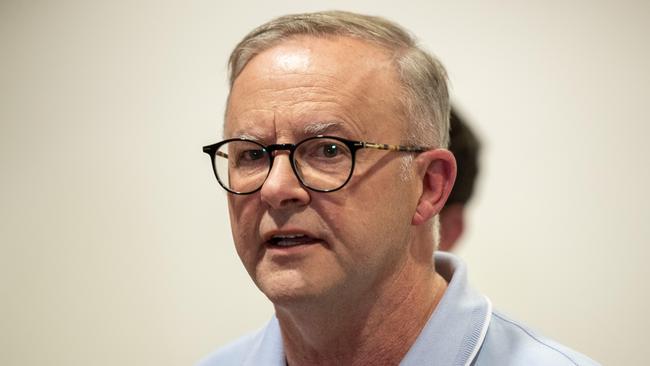
Mr Albanese also linked his push for a constitutional voice to parliament with improving future outcomes for indigenous communities in central Australia.
“Dorrelle (Anderson) will … report back on the first of February to myself and to the (NT) Chief Minister (Natasha Fyles) about the implementation of potential changes to alcohol restrictions in central Australia, including potentially moving to an opt-out situation rather than opt-in that has applied,” Mr Albanese said.
“These are complex problems and they require a full solution which won’t be immediate but which require different levels of government to work together.
“I also want for communities to be consulted appropriately. People need to be treated with respect. A common theme (at the meeting) is that this issue is not just about alcohol.”
Alice Springs mayor Matt Paterson said he was unsure whether the response from Mr Albanese was the “right circuit breaker” and was not confident it would do anything to stop children “roaming the streets late at night.”
“It just blows my mind that this is the best thing that we can come up with,” Mr Paterson said. “There’s two conversations happening: one about alcohol and one about kids. Somehow it’s been intertwined into one conversation. There has been nothing really addressed with the kids today.
“I don’t know if the measures put in place are the immediate measures to help get kids off the street and into a safe place.
“Are we going to see more break-ins by people who are desperate for alcohol? Are we going to see more ram raids by those who are desperate for alcohol?”
Ms Fyles conceded “not everyone will be happy” after announcing immediate measures to ban takeaway alcohol on Monday and Tuesday and restricted hours of service on other days, with takeaways only allowed between 3pm and 7pm.
“The community has called on the government to step up and to step in and to help with a range of solutions and trials and that is what we are going to do,” the Chief Minister said.
“But in return, I asked the community to work with us,” Ms Fyles said.
“We’ve done more than any other government around alcohol policy and measures to reduce harm in our community but we need to give the community respite and support. And we need to do that immediately. We will introduce one (alcohol) transaction per person each day. And we’re able to do this immediately through the banned drinker register. These are measures to reduce the amount of alcohol in our community.”
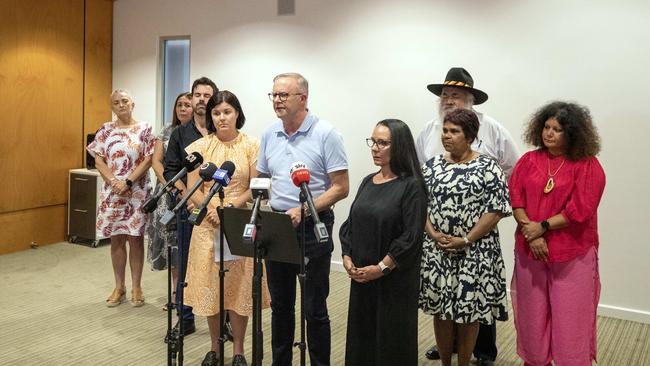
The federal and territory governments will set up facilities outside Alice Springs to support at-risk children and families, helping to keep children “with their families”.
Ahead of meeting Mr Albanese, Central Australian Aboriginal Congress health service head Donna Ah Chee said grog bans must be reintroduced because alcohol was causing the crisis. Ms Ah Chee, who has lived in Alice Springs for 36 years, said she had never felt so unsafe and was frightened after having her home broken into twice in four days.
“I was up watching a movie and I heard this bang … I jumped up and heard this second, really loud, bang … I get to the kitchen and it’s actually my window. It had been completely smashed,” Ms Ah Chee told Sky News.
Ms Ah Chee said she came face to face with the two offenders, who were screaming at her to give them alcohol. She said a coalition of NT Aboriginal groups predicted in May last year there would be an alcohol-fuelled crime wave when the Stronger Futures legislation and alcohol restrictions ended on July 17.
Challenged on whether the alcohol bans that were lifted in some Aboriginal communities last year were race-based, as described by Ms Fyles, Ms Ah Chee said: “What we’ve always said is there’s positive discrimination and it’s called a special measure … What about the rights of children and women … What about the rights of women getting bashed?”
Indigenous Australians Minister Linda Burney said restricting the sale of takeaway alcohol was “incredibly important”.
“We are here because there has been a desire from the community for action, and we have responded to that,” Ms Burney said. “The issue of youth on the streets and the issue of alcohol-fuelled violence are real. Let’s not pretend that they aren’t.”
Mr Albanese said the actions taken were in the context of “the gap that exists in health outcomes, housing outcomes, life expectancy, incarceration rates between Indigenous and non-Indigenous Australians”. “If everything was working all okay, then we should just keep doing it the same way,” he said. “What a voice to parliament will do is to have a representative body that is able to advocate and give advice to parliament and to government. That is all that it does.”
NT police officers have arrested more than 300 people in Alice Springs, and issued over 500 infringement notices as part of Operation Drina, targeting anti-social behaviour in the town.
Police Commissioner Jamie Chalker said Australia could not “police away those problems” crippling Alice Springs. He said a six month post-mortem of the impact of repealing Stronger Futures legislation showed not only an increase in alcohol-related harm since the change, but an increase in visitors “potentially because there is a belief that there’s an easier access to alcohol”.


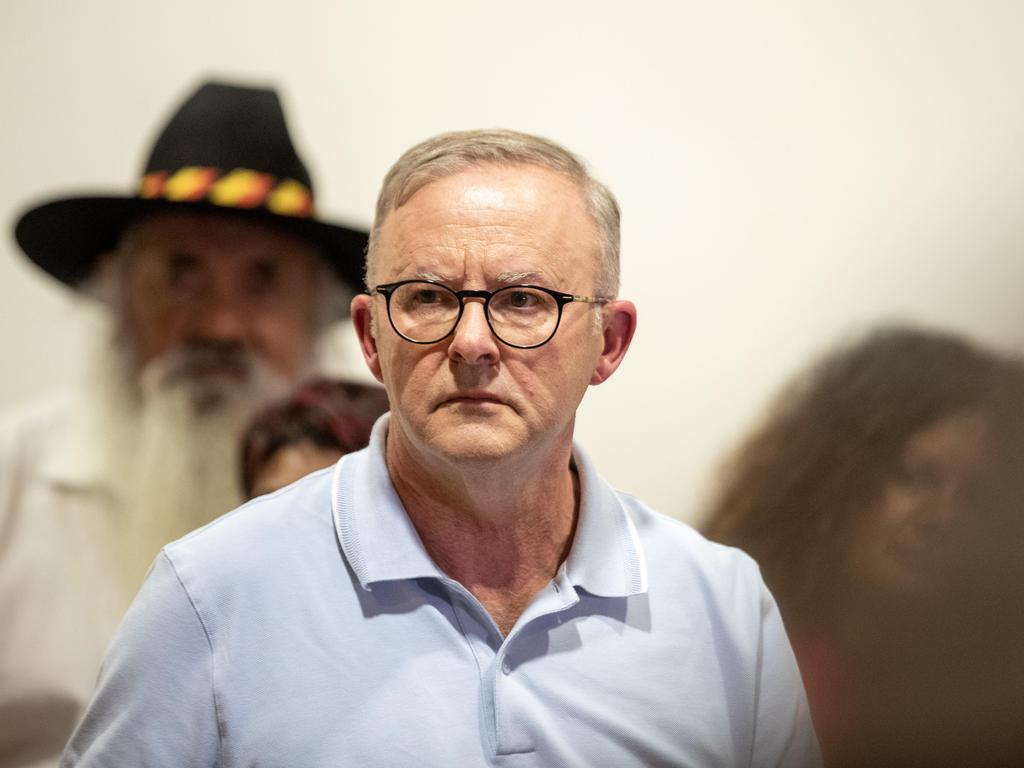
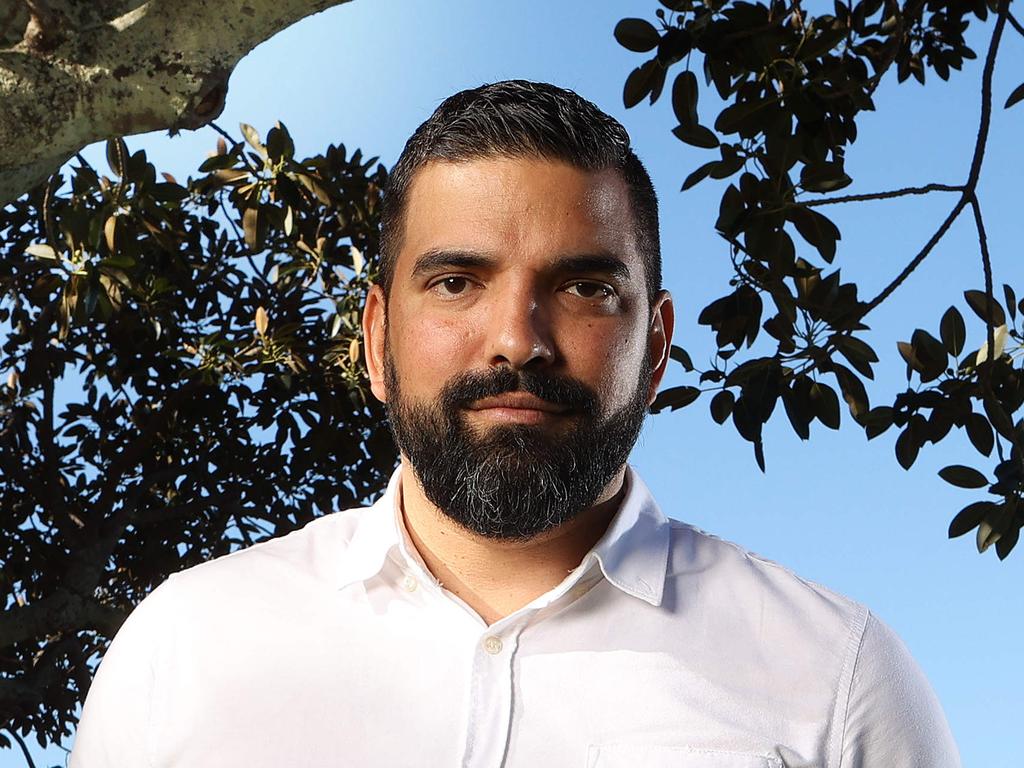
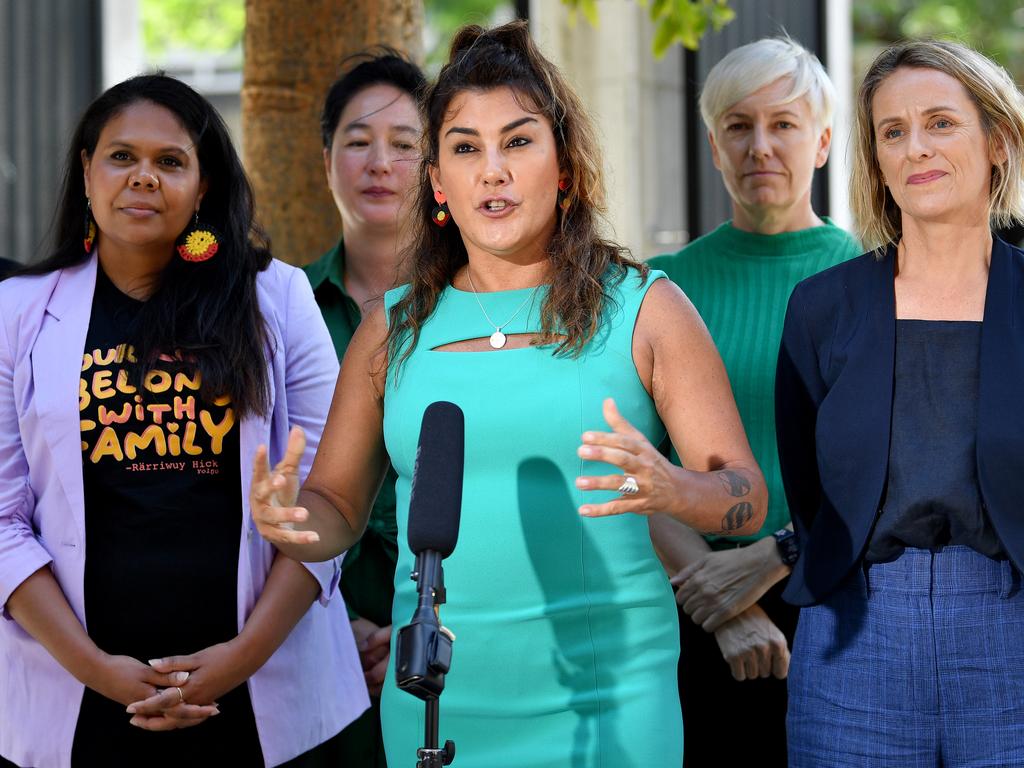


To join the conversation, please log in. Don't have an account? Register
Join the conversation, you are commenting as Logout